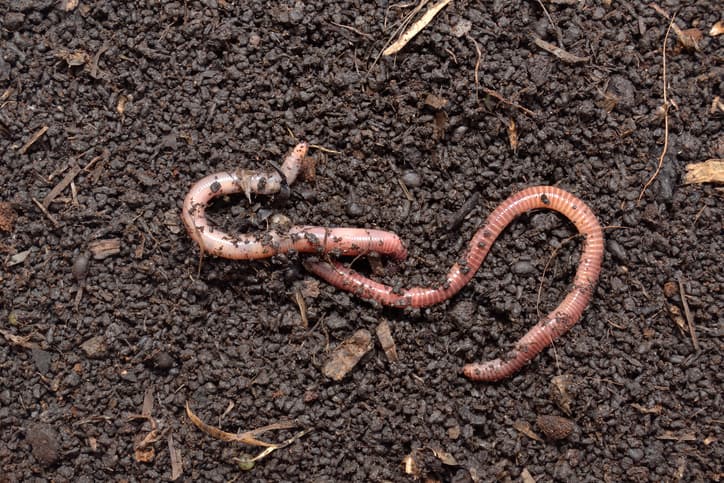Contents:
Medical Video: Swine (H1N1) flu: Testing Procedures and Safety Guidelines
1. Definition
What is swine flu?
H1N1 or the so-called swine flu is a new influenza virus that causes disease in humans. The virus was first detected in April 2009. The virus spreads from person to person and throughout the world in various ways, because the spread is the same as the spread of influenza viruses.
What are the signs and symptoms?
Symptoms of the swine flu virus in 2009 are characterized by fever, coughing, sore throat, runny or stuffy nose, body aches, headaches, shivering and fatigue. Some people will experience vomiting and diarrhea. People infected with H1N1 flu will experience symptoms related to breathing without experiencing a fever. Severe illness and death are often caused by this H1N1 virus.
2. How to handle it
What should I do?
If you experience pain with flu symptoms such as symptoms caused by swine flu, then it is likely that the person must stay at home and avoid contact with other people except for medical treatment. Most people affected by the H1N1 virus in 2009 experienced mild illness and did not need medical treatment or anti-viral drugs.
When do I have to see a doctor?
If you experience the warning symptoms above, then the person must be quickly treated in the emergency room. If you have a high risk of flu complications, contact your doctor for advice. If swine flu is endemic, be careful to go to the emergency room at the hospital because even if you don't get swine flu, chances are you will actually catch the flu from other patients in the hospital.
Signs showing emergency warnings in children:
- Breath becomes fast or breathing obstructs
- Bluish skin color
- Thirst
- Unable to get up and interact
- Fussy
- Flu symptoms improve and are accompanied by fever and a worse cough
- Fever accompanied by a rash
In adults, these symptoms include:
- Difficulty in breathing, or shortness of breath.
- Feel pain or pressure on the chest or abdomen
- Sudden dizziness
- Feel Confusion
- Having severe vomiting and not stopping
- Flu symptoms increase and are accompanied by fever and a worse cough.
3. Prevention
In 2009 there was an H1N1 vaccine to protect the body against the 2009 H1N1 influenza virus. The flu vaccine is the most important step in protecting the body against flu infections.











